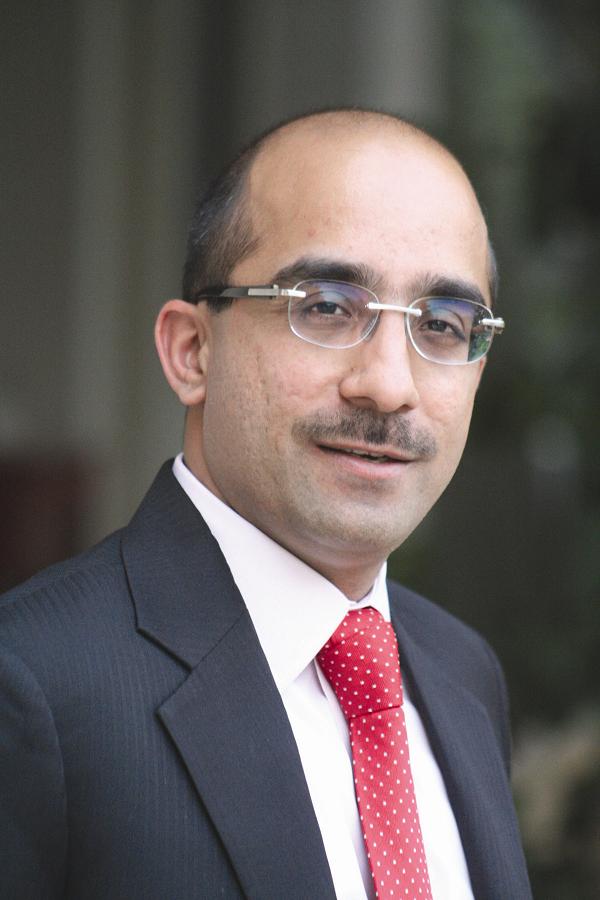Rajeev Kohli, 2014 vice president – finance, SITE and joint managing director of Creative Travel India, wonders why DMCs are exempt in a world where service providers are paid for their time

Recently I was working on a project with a client out of Singapore (a fellow Site member if I may add). A quick turnaround was required, which we delivered.
However, much to everyone’s surprise, the end client came back to say that they had “changed their mind” and will not leave the country.
My client was quite livid at having been put through the wringer to create an overnight proposal and at having made his DMC partner burn the midnight oil – all for no billing to anyone.
It was his conversation with me that made me ask the eternal question – “Why can’t a DMC charge for making a proposal?”
Yesterday, an American client sent us a message after many days of silence. It said: “Thank you for the information, we have contacted the hotel directly.”
This is after weeks of sending venues options and giving our advice as a destination specialist. Many conference calls, many hours of research, only to be told that we’ve taken all your intelligence and will do it all directly. Again, all work and no pay. These are two scenarios that every DMC will recognise.
I’m not sure what happens in other parts of the world, but where I come from DMCs do pay their employees in real money and the government does demand hard cash to give us electricity and water. So when I put my team through hours of research and proposal making, it’s tremendously discouraging that our intellectual property is just taken for granted and, to use a harsh word, stolen.
Doctors charge for advice, as do lawyers, architects, interiors designers, tailors, wedding planners and many others. So in a world where we pay a fee to get many a service delivered, why is the poor DMC left to fend for itself as provider of free ideas?
I recently posed this question to a very senior American incentive planner. She gave a very interesting and very sympathetic response. It seems this predicament does not lie on the tables of the DMCs alone. Today, even the most established of incentive houses are having a hard time expressing value to clients. I was told that if they started charging for proposals, the client would go elsewhere. The competition is far too fierce, so we DMCs have no chance of getting anything.
Do I buy that argument? Not entirely, but I guess there are always two sides to a story.
At what point did we as a collective industry become so desperate that we dropped our services into the free zone? Why do we feel it necessary to treat our ideas, our intelligence, our sweat and toil as something of a social service to the incentive world? Did someone hit on a secret formula that allows them to use their employees and infrastructure for free so that the client pays nothing?
Stranger things have happened in our world, but this is one that no one seems to have any real explanation for.
When a company profits or fulfils their business mandate with the services of a supplier, it is only fair that the supplier be reimbursed for the efforts put in. That is after all the basics of economics. We have somehow created a parallel universe where the rules are very different.
I do realise that this is a fanciful desire and that it would take a lot more than an upstart DMC to change the world. But where does the solution lie?
If the airlines and banks can band together and set a system of service fees, why can’t we? It will take a great deal of will power and system-wide integrity for this to work, but I don’t think it’s impossible.
The objective is not to make tons of money but rather to attach a real value to the professional work a DMC does. No one values ‘free’ anymore and how can we take pride in working for free?
It’s time we recognise and appreciate the value a good DMC has to offer in making a great project even greater.
As long as we are treated on par with Google and used for free, that won’t happen.
By Rajeev Kohli, 2014 vice president – finance, SITE and joint managing director of Creative Travel India
Greg Lowe tackles the same question head on in his analysis of the situation, Free-rider dilemma




















